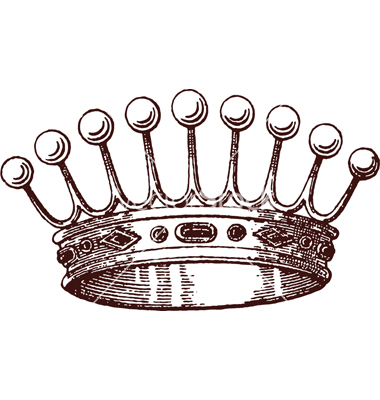Stamp: Commonwealth Day (surcharged) (Guyana 1983)
Commonwealth Day (surcharged) (Guyana 1983)
14 March (Guyana ) within release Commonwealth Day 1983 goes into circulation Stamp Commonwealth Day (surcharged) face value 1.20 Guyanese dollar
| Stamp Commonwealth Day (surcharged) in catalogues | |
|---|---|
| Michel: | Mi: GY 919 |
| Stamp Number: | Sn: GY 626 |
| Stanley Gibbons: | Sg: GY 1066 |
Stamp is horizontal format.
Surcharge and overprint in blue on 6 cent "Guyana Independence 1966" overprint issueAlso in the issue Commonwealth Day 1983:
- Stamp - Commonwealth Day (surcharged) face value 25;
- Stamp - Commonwealth Day (surcharged) face value 2.40;
- Stamp - Commonwealth Day (surcharged) face value 1.30;
- Stamp - Commonwealth Day (surcharged) face value 1.20;
Stamp Commonwealth Day (surcharged) it reflects the thematic directions:
Agricultural machinery is machinery used in farming or other agriculture. There are many types of such equipment, from hand tools and power tools to tractors and the countless kinds of farm implements that they tow or operate. Diverse arrays of equipment are used in both organic and nonorganic farming. Especially since the advent of mechanised agriculture, agricultural machinery is an indispensable part of how the world is fed.
Agriculture is the cultivation and breeding of animals, plants and fungi for food, fiber, biofuel, medicinal plants and other products used to sustain and enhance human life.[1] Agriculture was the key development in the rise of sedentary human civilization, whereby farming of domesticated species created food surpluses that nurtured the development of civilization. The study of agriculture is known as agricultural science. The history of agriculture dates back thousands of years, and its development has been driven and defined by greatly different climates, cultures, and technologies. Industrial agriculture based on large-scale monoculture farming has become the dominant agricultural methodology.
Commemorations are a type of religious observance in the many Churches of the Anglican Communion, including the Church of England. They are the least significant type of observance, the others being Principal Feasts, Principal Holy Days, Festivals, and Lesser Festivals. Whereas Principal Feasts must be celebrated, it is not obligatory to observe Commemorations. They are always attached to a calendar date, and are not observed if they fall on a Sunday, in Holy Week, or in Easter Week. In Common Worship Commemorations are not provided with collects or indications of liturgical colour. However, they may be celebrated as Lesser Festivals if local pastoral conditions suggest it.
A Royalty is the immediate family of a king or queen regnant, and sometimes his or her extended family. The term imperial family appropriately describes the family of an emperor or empress, and the term papal family describes the family of a pope, while the terms baronial family, comital family, ducal family, grand ducal family, or princely family are more appropriate to describe the relatives of a reigning baron, count, duke, grand duke, or prince. However, in common parlance members of any family which reigns by hereditary right are often referred to as royalty or "royals." It is also customary in some circles to refer to the extended relations of a deposed monarch and his or her descendants as a royal family. A dynasty is sometimes referred to as "the House of ...". As of July 2013, there are 26 active sovereign monarchies in the world who rule or reign over 43 countries in all




